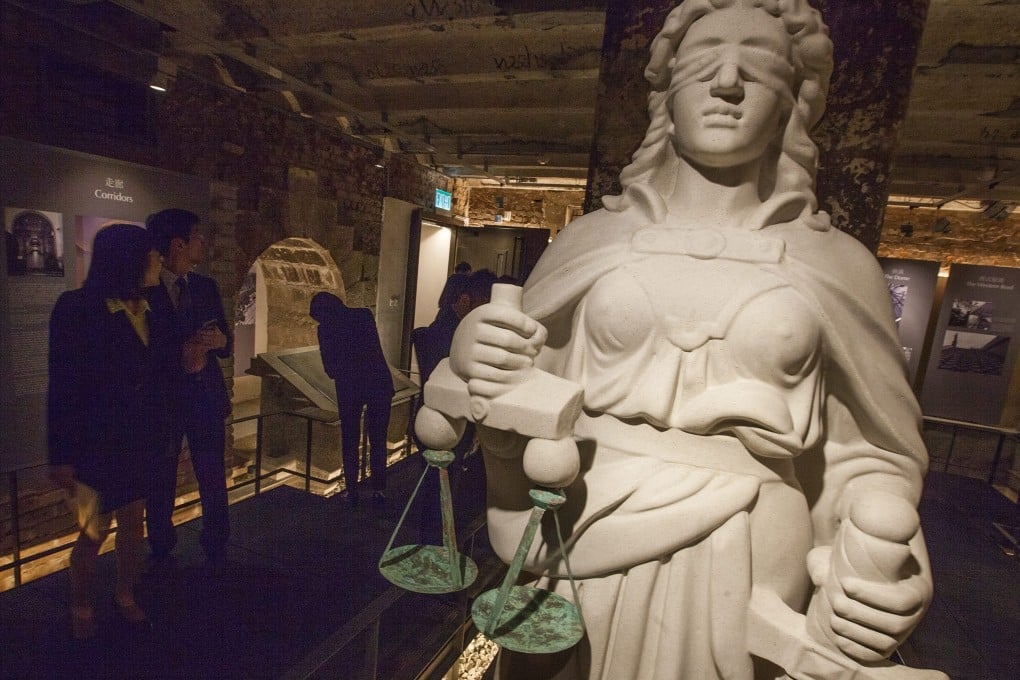Hong Kong's judicial independence is here to stay - as long as 'one country' and 'two systems' are both fully recognised
Andrew Li believes Hong Kong's judicial independence and rule of law will thrive beyond 2047


This will be the court's permanent home. The renovations are of the highest standard. The community can be justly proud of it. With its central location, this historic monument will stand as a strong symbol of the continuing vigour of the rule of law with an independent judiciary in Hong Kong as part of China under "one country, two systems". Under the rule of law, no one, however high his position, is above the law.
These are challenging times for our community. We are undergoing rapid changes - politically, socially and economically. In the process of change, the engagement and involvement of our young generation will be essential. In these uncertain times, it is all the more important that the rule of law with an independent judiciary should remain an unshakeable foundation of our society.

This is an appropriate moment to reflect on the court's progress over the last 18 years. The court must essentially be judged by the quality of its jurisprudence. It can confidently be claimed that its judgments are widely respected both within and outside Hong Kong where they are increasingly cited. The court has earned its place among final appellate courts around the globe. I believe that, with successive generations of judges, it will go from strength to strength.